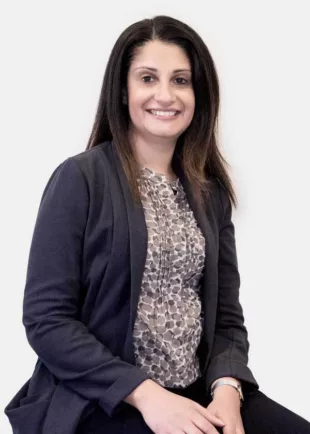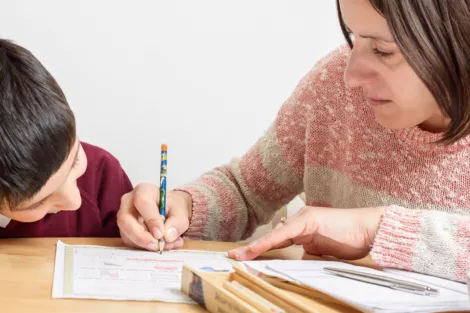Helping your child, however they learn
We offer assessments for children with Special Educational Needs (SEN), to help provide them with arrangements and support so that they can flourish.
Our SEN assessments cover all of the most common specific learning difficulties. This includes disorders which affect motor skills, such as Dyspraxia, or literacy and numeracy skills, such as Dyslexia, Dyscalculia or Dysgraphia, along with behavioural conditions like Attention Deficit Disorder (ADD) or Attention Deficit Hyperactivity Disorder (ADHD).

Hema
Secondary Learning Assessor & SEN Advisor"Hema supports students’ language skills, both orally and in writing, and can provide diagnostic assessments for students experiencing difficulties with literacy. She is also able to recommend suitable resources and techniques for students to employ to overcome these challenges."
Diagnostic Assessments for Dyslexia for school students
Our Dyslexia & Literacy Assessments for school students provide a clear and detailed picture of an individual pupil’s strengths and weaknesses and will be able to confirm whether the child has Dyslexia.


If your child is experiencing difficulties in their studies, or you or their school thinks their academic results don’t reflect their true potential, then a diagnostic assessment might be beneficial and help you know how to proceed.
The diagnostic assessment will usually take up to three hours to complete and looks at the following areas:
- Underlying Ability (Verbal and Non-Verbal skills)
- Attainment Skills (Reading, Spelling, Writing and Maths, if needed)
- Cognitive Skills (Phonological Awareness, Processing Speed and Memory)
Feedback and Reporting
Our expert SEN assessor - Hema Desai - then analyses the results of these tests to produce an overall profile of your child’s performance and determine a potential diagnosis.
A comprehensive written report is then provided, which clearly outlines all of our insights and recommendations.

Hema
Secondary Learning Assessor & SEN Advisor"Hema supports students’ language skills, both orally and in writing, and can provide diagnostic assessments for students experiencing difficulties with literacy. She is also able to recommend suitable resources and techniques for students to employ to overcome these challenges."











